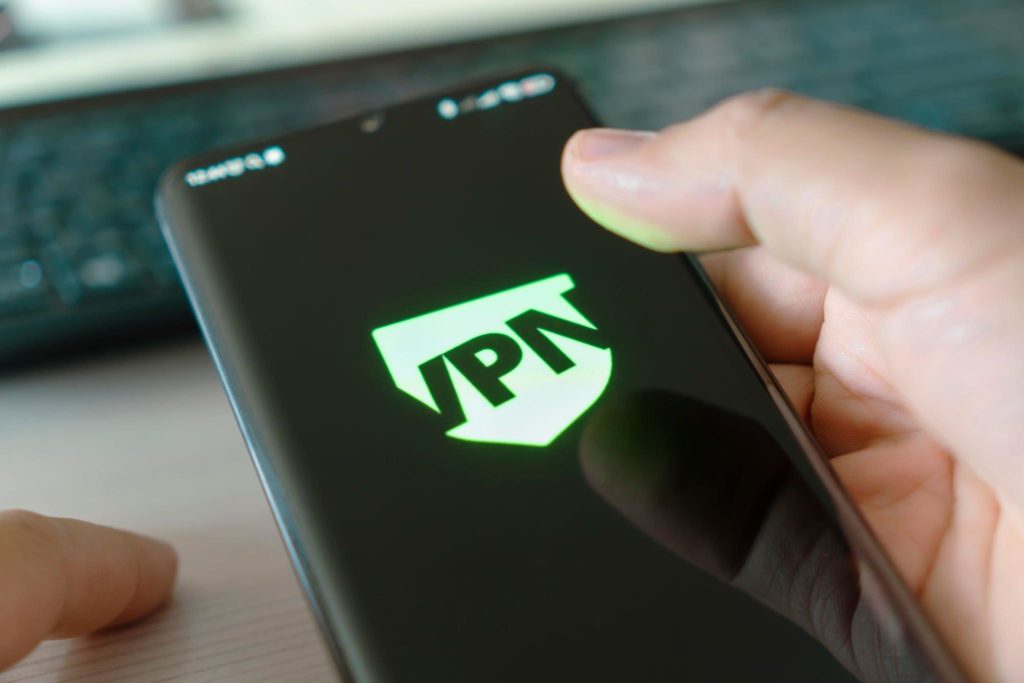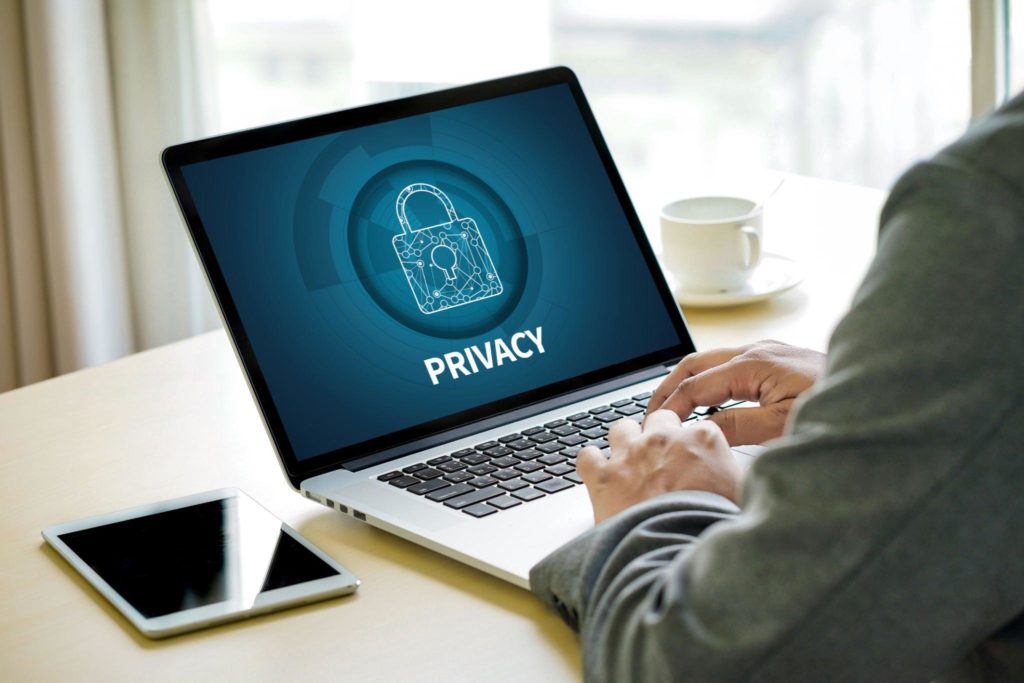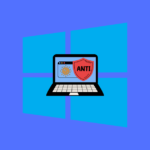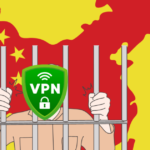In today’s digital age, worries about online privacy are growing for many individuals. With an increase in cyber-attacks and data breach incidents, the importance of protecting one’s internet browsing activities is more significant than ever. Virtual Private Networks (VPNs) have emerged as a popular solution for protecting online privacy, enabling users to circumvent content restrictions and maintain anonymity on the web.
Free VPN services are now widely available, offering an affordable option for those who want an extra layer of protection without breaking the bank. These services provide users with secure and private connections, helping them avoid various cyber-risks such as identity theft and data snooping. While there are numerous alternatives available, it’s important to choose a reliable service that is both efficient and trustworthy.
With a plethora of options on the market, users should carefully consider factors such as speed, security, and overall ease-of-use when making a selection. Let’s take a closer look…
Understanding Free VPNs
What Is a VPN?
A Virtual Private Network (VPN) is a technology that enhances your online privacy and security by creating a secure, encrypted connection between your device and the internet. This helps protect your personal data from hackers, advertisers, and other parties that might want to access your information.
Free VPNs are VPN services available to users without requiring any payment. While these free services can provide some level of privacy and security, it is crucial to understand how they work and the potential trade-offs involved vs. utilizing a paid service.
How VPNs Work
VPNs work by establishing a secure and encrypted tunnel between your device and a remote server. Once connected, all your internet traffic is routed through this tunnel, making it more difficult for malicious actors to intercept, monitor, or alter the data being transmitted.
When using a VPN, your traffic appears to originate from the remote server’s IP address rather than your own, effectively masking your true location. This helps maintain your privacy while browsing the internet, as it becomes more challenging for websites to track your browsing history and personal information.
Additionally, encrypted traffic provides an extra layer of security, ensuring that even if someone does manage to intercept your data, they can’t read it without the encryption key.
Free VPNs, like their paid counterparts, are designed to provide these benefits. However, because they do not charge for their services, they may employ different methods to generate revenue, such as displaying ads or collecting user data. As a result, it’s essential to carefully evaluate free VPN options to ensure they meet your privacy and security needs.

Top Picks for Best Free VPNs
ProtonVPN
ProtonVPN is a top choice for the best free VPN on the market. Based in Switzerland, this VPN service offers a secure platform with a strict no-logs policy, meaning your online activities remain anonymous. The free version of ProtonVPN does set a data limit, a common practice with free VPNs, but it ensures access to secure core servers in Japan, Netherlands, and the United States.
ProtonVPN supports various platforms including macOS, Windows, Linux, Android, and iOS. Its robust security features include a kill switch, which ensures that your identity remains hidden even if the VPN connection drops. While primarily directed at privacy, ProtonVPN’s free version also allows users to bypass censorship restrictions and is frequently recommended for its reliability.
PrivadoVPN
PrivadoVPN is another great contender in the list of top free VPN services. Offering a generous 10GB data limit per month, it stands out among its competitors. The company has servers in multiple locations, ensuring that users enjoy a smooth browsing experience.
This VPN service is compatible with Android, iOS, macOS, and Windows, and offers up to two simultaneous connections. PrivadoVPN has a stringent privacy policy and even underwent an independent audit to prove its commitment to user privacy.
Its P2P support ensures seamless torrenting experiences while ensuring your online privacy remains intact. However, streaming services such as Netflix might be limited in the free version of PrivadoVPN.
TunnelBear VPN
TunnelBear VPN is a popular free VPN service known for delivering simple, user-friendly apps on various platforms such as Android, iOS, Windows, and macOS. The company is based in Canada and is famous for its transparent privacy policies. TunnelBear offers a free version with a data limit of 500MB per month, making it suitable for light browsing activities.
TunnelBear VPN’s free plan does of course come with some limitations, like the number of available servers. However, it uses WireGuard, a secure VPN protocol that guarantees excellent speeds and performance.
Plus, an additional layer of security is provided by their vigilant mode, a kill switch that prevents your data from being exposed when your VPN connection drops.
Hotspot Shield VPN
Hotspot Shield VPN is a well-known name in the VPN industry, offering both free and paid VPN solutions. The free version comes with a daily data limit of 500MB, making it ideal for casual browsing. Hotspot Shield VPN employs strong encryption standards to ensure your online activity stays secure from prying eyes.
One potential negative, however, is that although Hotspot Shield’s US-based server allows users to access some geo-restricted content such as the BBC iPlayer, it might not unblock some streaming services like Netflix.
Other limitations in the free version include server restrictions and intermittent ads.
This VPN service is available for Android, iOS, Windows, and macOS devices.
Focus on Privacy When Using Free VPNs
Privacy and Data Protection
Privacy and data protection are essential features of any VPN service. Free VPNs should provide robust encryption, a strict no-logging policy, and transparency about how they handle user data. This ensures users can browse the internet safely and securely.
Secure features such as a kill switch and split tunneling are also desirable, as these provide extra security measures during browsing.
As an example, ProtonVPN offers secure core servers that route traffic through multiple servers, adding an additional layer of protection. Additionally, some free VPNs use the OpenVPN protocol, which is known for being both secure and reliable.
Users should also verify the VPN’s privacy policies and research any history of data breaches before making a decision.

Differences Between Free and Paid VPNs
Performance and Speed
Free VPNs often limit speed and bandwidth, which can negatively affect the overall browsing experience. Many providers prioritize premium users over VPN free users, resulting in reduced connection speeds for those on the free plan.
Some services also impose a strict data limit, meaning users will need to ration their usage to avoid reaching their monthly cap.
Overall, paid VPNs typically have a larger server network, faster connection speeds, and better overall performance. This makes a significant difference when streaming content or downloading, as paid VPNs can often bypass throttling and buffering issues that are common with free VPNs.
Server Locations and Coverage
The number of server locations provided by a free VPN is generally smaller than what premium VPNs offer. This can result in fewer options for bypassing geographical restrictions or accessing content from multiple countries.
However, some free VPNs, like ProtonVPN, do offer a decent range of server locations for users to choose from.
Privacy and Security
When it comes to privacy and security, paid VPNs usually offer a higher level of protection. They often provide 256-bit data encryption, which is more secure than the 128-bit encryption commonly found in free VPNs.
Moreover, free VPNs may sell your data to advertisers or other parties, while reputable paid VPNs have strict no-logging policies and are less likely to jeopardize your privacy.
Using a free VPN can also expose you to malware and adware risks, as nearly 40% of free VPN Android apps have been found to inject malware for “malvertising” purposes. On the other hand, paid VPNs prioritize user security and typically invest more in regular software updates and threat mitigation strategies.
Additional Features
Paid VPNs often come with a range of additional features that free VPNs may not offer. Some of these features include multi-device support, access to geo-blocked content like Netflix, and dedicated customer support.
You can also expect features like kill switches and split tunneling in paid VPNs, which provide extra security and control over your online activity. Only some of the free options include these features.
Free VPNs usually come with limitations such as data caps, speed restrictions, limited server locations, or even a limited trial period – after which, users are often encouraged to upgrade to paid plans that provide additional features and benefits.
Overall, free VPNs might be useful for basic browsing and short-term use, but paid VPNs offer superior performance, stronger security, and access to a wider range of features that enhance your online experience.
Making the Most of Your Free VPN
Select the Right VPN for Your Needs
If you are indeed going to use a free VPN service, it’s important to consider factors such as the number of countries covered, device compatibility, and overall performance when making your final selection.
Research shows that the best free VPNs often have a range of servers to connect to, covering popular countries such as the US and the Netherlands. Additionally, make sure that the VPN you select offers applications for devices including Mac, Android, iOS, and PC.
It’s also essential to bear in mind the VPN’s ability to encrypt your data, thus providing a secure browsing experience. Some VPN services offer advanced features such as WireGuard for faster connection speeds.
Make sure you evaluate the VPN’s restrictions on bandwidth, as some free VPNs may impose data limits or speed limitations that could hinder your online activity. Be aware of these when using a free VPN to avoid surprises during your online sessions.
Furthermore, connection speeds can differ between VPN free and paid VPN services. While a paid VPN typically offers high-speed internet connections without limitations, free VPNs may often have speed limits to manage their server load and encourage users to upgrade to a premium subscription.
To optimize your free VPN experience, look for services that offer faster connection speeds and consider prioritizing tasks that require less bandwidth, such as browsing instead of streaming.
In conclusion, selecting the right VPN for your needs and managing data caps and speed limits are vital to make the most of your VPN free service. Carefully consider compatibility, server coverage, and security features before committing to a specific VPN, and design your internet activities around potential bandwidth and speed restrictions to ensure an efficient browsing experience.
Frequently Asked Questions | VPN free
What are the best free VPNs for Windows 10?
There are several free VPNs available for Windows 10 users. Some of the popular ones include ProtonVPN and Windscribe. Both of these VPN free offer a good balance between performance and privacy for users.
Are free VPNs safe to use?
While some free VPNs are safe to use, it’s essential to research the provider before using their service. Free VPNs may have limitations on data usage, server locations, or features compared to paid options. Additionally, some free VPNs may log or sell user data to third parties, so always check their privacy policy before using their service.
Which free VPNs have Chrome extensions?
There are several free VPNs that offer Chrome extensions for easy integration into your browsing experience. Windscribe, TunnelBear, and Hotspot Shield are some examples of VPNs that provide Chrome extensions for quick access and simplified use.
What are some fast and reliable free VPNs?
Fast and reliable free VPNs are relatively rare, as most free VPNs have limitations on speed or server capacity. However, ProtonVPN and Windscribe have been commended for offering reasonable speeds and reliability for free users. Keep in mind that free VPNs may still lag behind premium services regarding speed and performance.
Do any free VPNs offer complete privacy?
While some free VPNs claim to provide complete privacy, it is crucial to remember that there is often a trade-off between cost and privacy. Always review a VPN provider’s privacy policy and ensure they follow a strict no-logging policy. ProtonVPN, for example, has a strong commitment to user privacy with its no-logs policy.
Are there any no-cost VPN options for Apple devices?
Yes, several VPN options are available for Apple devices, such as iPhones, iPads, and Mac computers. Some free VPNs compatible with Apple devices include ProtonVPN, Windscribe, and Opera VPN. These VPNs offer limited versions of their services for free or offer a free trial period before requiring a paid subscription. Always keep in mind that free VPNs may have limitations and might not provide the same level of privacy and performance as paid options.
- Amazon Email Phishing: How to Identify and Avoid Scams - May 11, 2025
- Malwarebytes vs McAfee: Decoding the Ultimate Antivirus Battle - May 11, 2025
- Best Antivirus for Windows 10: Expert Recommendations for 2023 - May 11, 2025










Thanks for educating me!